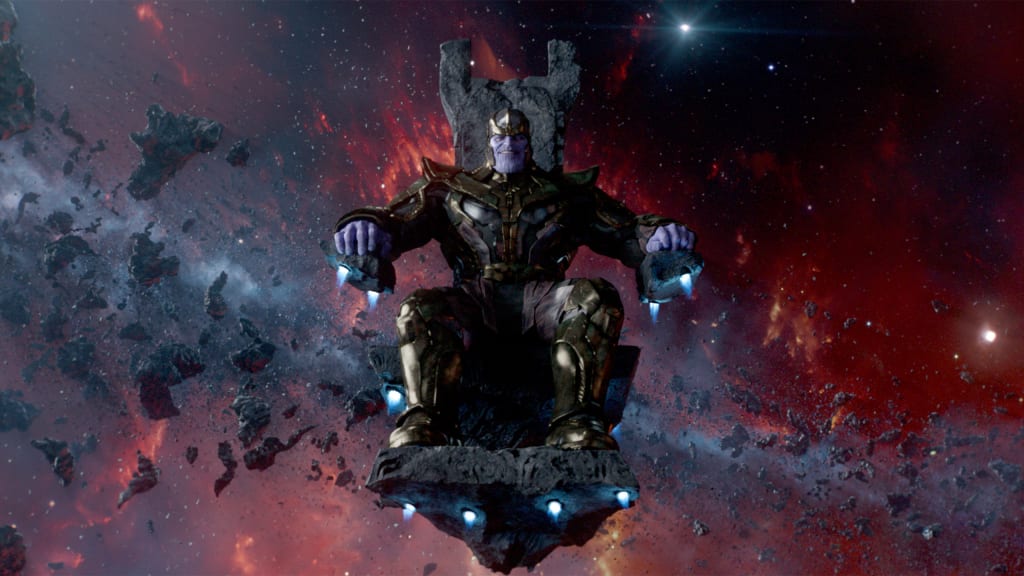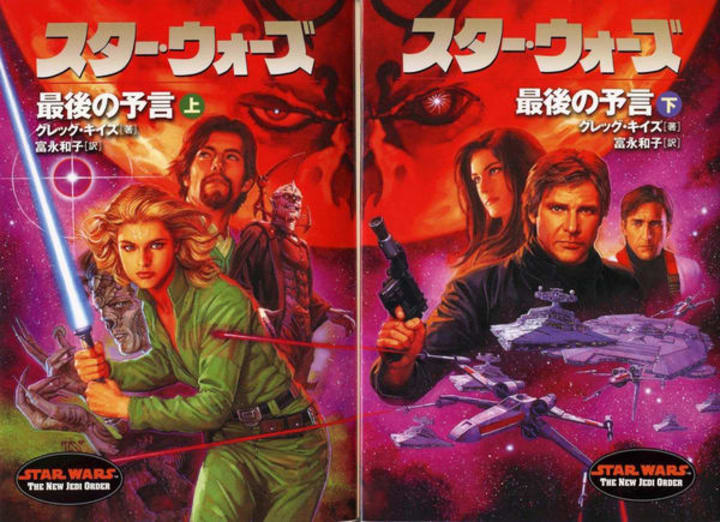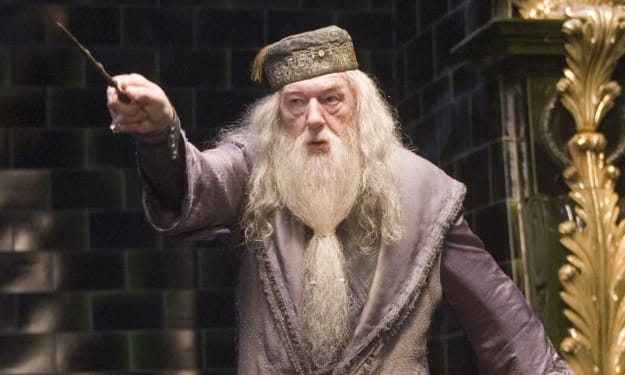
We're heading up to the 10-year anniversary of the MCU, an innovative shared universe that's transformed Hollywood. Unfortunately, every model has weaknesses as well as strengths, and right now, the problems facing the shared universe model are beginning to become visible. The most notable issue is one of continuity.
The wider MCU is a complex thing, not least because of an ever-expanding slate of TV shows. Meanwhile, the movies themselves are jumping around the timeline with impunity. Several recent films have been set in the immediate aftermath of Captain America: Civil War, while 2019's Captain Marvel will be based in the '90s. Matters have been made even more difficult by a number of recent continuity errors, with Spider-Man: Homecoming forcing fans to completely redraw the entire timeline.
After months of silence on the issue, Marvel visionary Kevin Feige has finally conceded that the timeline is growing increasingly confused. He insists that everything is under control, and even suggests Marvel will eventually get around to publishing a timeline. At the same time though, it's telling that Feige isn't yet willing to resolve the issue. Instead, he seems set on avoiding answering the questions.
This is the weakness of the shared universe model. The more wide-ranging the shared universe becomes, the more risk the continuity will fracture.
The Example Of Star Wars

One of the beautiful Japanese covers for the Star Wars novels. [Credit: Del Rey]
Ironically enough, Kevin Feige himself refers to another example of a timeline that broke under the strain. Speaking to CinemaBlend, he notes:
"I've loved timelines, I love the Star Wars timeline, with the Battle of Yavin, everything is either After The Battle Of Yavin, Before The Battle of Yavin. We're doing that, and the origin point for us is Tony saying, 'I am Iron Man.'"
The Prequel Trilogy brought the #StarWars timeline close to breaking point. When George Lucas returned to the Galaxy Far, Far Away, it was to a universe that had changed significantly since Return of the Jedi back in 1983. A range of novels and comics had established the so-called "Expanded Universe," adding remarkable depth and diversity to the Galaxy.
But Lucas refused to be bound by the limitations established by the EU. Star Wars was, fundamentally, his vision. It didn't take long for the Prequels to contradict the EU, and Lucasfilm had to decide how to resolve these issues. The solution was a hierarchical approach to canon that looked something like this:
- God-Level Canon: At the highest level of canon, you have anything created by George Lucas himself.
- The Expanded Universe: All other content was effectively a lower level of canon. It was accurate, but only to the extent it dovetailed with the God-Level Canon.
- Infinities and inaccuracies: Any differences between the EU and the God-Level Canon were dismissed as inaccurate. Entire stories were dismissed as 'Infinities' if they contradicted George Lucas's vision.
Every Star Wars film introduced more contradictions, leaving fans scrambling to work out the adjusted continuity. It all became increasingly problematic, with fans often resorting to 'head-canon' to resolve issues.
The MCU is already headed in this direction. Guardians of the Galaxy Vol. 2 directly contradicted one tie-in comic for the first film, but James Gunn resolved the issue by casually dismissing the comic from canon. Marvel Television shows have dated The Avengers in 2012, but Feige told CinemaBlend those references aren't canon. In other words, Marvel Studios view the TV shows as canon only to the extent they don't disagree with their films. Any contradiction is dismissed as non-canon.
An Unsatisfying Experience For Fans
The aftermath of #SpiderManHomecoming has already given us a first taste of what we can expect from this kind of continuity. Some fans will become focused on the timeline, desperately attempting to make it work. Others will view continuity as an irrelevance, snarkily responding that we should just enjoy the films and TV shows. Meanwhile, the contradictions will continue to build up. We've already seen one tie-in comic dismissed, and that will happen again.
Interestingly enough, Lucasfilm has abandoned this approach. The Star Wars continuity was relaunched completely after Lucasfilm was purchased by Disney in 2012. The old Expanded Universe was wiped out of continuity, and now Lucasfilm treat the novels and comics as equally canon as the films. The timeline is carefully monitored by the Lucasfilm Story Group. Continuity since the Disney purchase has been remarkable, but even under the watchful eye of the Story Group it's not been perfect. What it has been, though, is far more consistent than before.
The problem is that this option isn't available for Marvel. After all, Marvel has a bad history with this kind of centralized oversight. The old Marvel Creative Committee caused no end of problems, and ultimately led to a major structural reorganization back in 2015. Now, Marvel Studios is essentially a separate entity to the rest of Marvel Entertainment. That means you have two different groups, one producing movies and the other heading up the TV shows and tie-in comics, all of which are ostensibly set in the same universe. There's no possibility of centralized control for the MCU.
So how do we manage this timeline?
Feige promised that he intends to publish an official timeline, but even that isn't going to be a long-term solution. The timeline will only last until the next film, and then will need to be rewritten again. Meanwhile, the moment the timeline is written down, Marvel will inevitably lock their writers and directors in, and Marvel's shown no sign of wanting to restrict their creators in that way. To make matters worse, it's also unlikely that Feige's chronology will embrace the wider MCU — the ever-increasing number of TV shows and tie-in comics. That means fans will wind up viewing any published timeline as little more than a starting point.
So as exciting as it may be to see an official timeline, this isn't going to solve the longer-term problem. The nature of an ever-expanding shared universe is that it's always increasing in complexity. This is perhaps one reason why Kevin Feige has openly toyed with a change of strategy going forward.
"Certainly as we get to Infinity War there is a sense of a climax if not a conclusion to, by the time we’re at untitled Avengers 4, the 22 movies that will have encompassed the first three phases of the MCU. And what happens after that will be very different. I don’t know if it’s Phase 4, it might be a new thing.”
The traditional phased approach to the MCU is focused on a series of major 'event' films. Most of these are the Avengers movies, although Captain America: Civil War has played a similar role. All the other films either lead up to these 'event' movies, or follow on from them. The approach has paid off, but structurally it's only worsening the continuity issue. Marvel may abandon this approach after Phase 3, and instead going for something far more flexible. Careful planning should ensure these films are more loosely connected, and as a result continuity should become less of a pressing issue. It should also allow Marvel Television to do their own thing without worrying about future contradictions.
Short of a fully-fledged reboot, this will be the only way to save the shared universe that is the MCU. It's less than ideal; the best approach would be a form of centralized control that embraces the whole MCU, but that really doesn't look likely to happen anytime soon. We'll still have hiccups, an uncomfortable portion of the MCU timeline where the continuity just doesn't quite work, or where you have to exert tremendous effort to fix it. But when Phase 3 is over, we should be able to move beyond that.
Amusingly, the #MCU's success has led Hollywood to embrace the shared universe model to an unprecedented degree. From the DCEU to Universal's Monsterverse, every studio wants to follow the pattern of the #Marvel Cinematic Universe. Even as these shared universes become all the rage though, the MCU itself is now moving to a point where it's displaying the weaknesses inherent to the concept. The question will be whether or not those weaknesses can be successfully overcome in the future.
(Source: CinemaBlend)
About the Creator
Tom Bacon
A prolific writer and film fan, Tom has a deep love of the superhero genre.






Comments
There are no comments for this story
Be the first to respond and start the conversation.